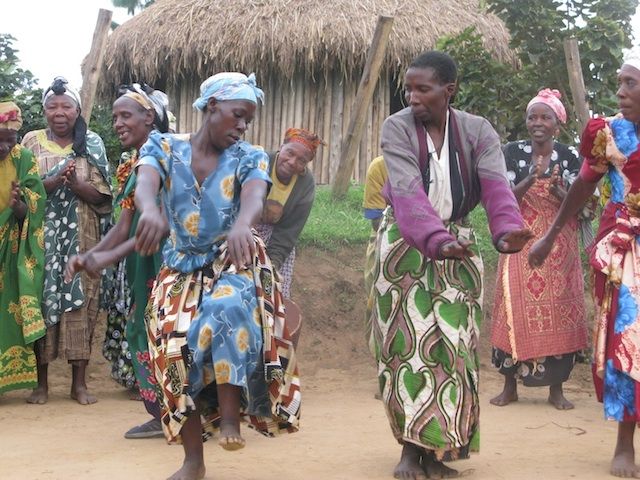Uganda will join the rest of the world to celebrate the International Day of Indigenous peoples on August 9 under the Theme: Indigenous peoples’ migration and movement.
Records show there are an estimated 370 million indigenous people in the world, living across 90 countries. They make up less than 5 per cent of the world’s population, but account for 15 per cent of the poorest. They speak an overwhelming majority of the world’s estimated 7,000 languages and represent 5,000 different cultures.
Indigenous peoples are inheritors and practitioners of unique cultures, and have retained social, cultural, economic and political characteristics distinct from the dominant societies in which they live. Despite their cultural differences, indigenous peoples from around the world share common problems related to the protection of their rights as distinct peoples.
In Uganda, the indigenous peoples include ancient communities of hunters and gatherers, such as Benet and Batwa, also known as Twa. They also include minority groups like the Ik, the Karamojong and the Basongora.
As a result of loss of their lands, territories and resources due to development and other pressures, many indigenous peoples migrate to urban areas in search of better prospects of life, education and employment. They also migrate between countries to escape conflict, persecution and climate change impacts.
Despite the widespread assumption that indigenous peoples live overwhelmingly in rural territories, urban areas are now home to a significant proportion of indigenous populations. In Latin America, around 40 per cent of all indigenous peoples live in urban areas — even 80 per cent in some countries of the region.
In most cases, indigenous peoples who migrate find better employment opportunities and improve their economic situation but alienate themselves from their traditional lands and customs. Additionally, indigenous migrants face a myriad of challenges, including lack of access to public services and additional layers of discrimination.
The 2018 theme will focus on the current situation of indigenous territories, the root causes of migration, trans-border movement and displacement, with a specific focus on indigenous peoples living in urban areas and across international borders. The observance will explore the challenges and ways forward to revitalize indigenous peoples’ identities and encourage the protection of their rights in or outside their traditional territories.





